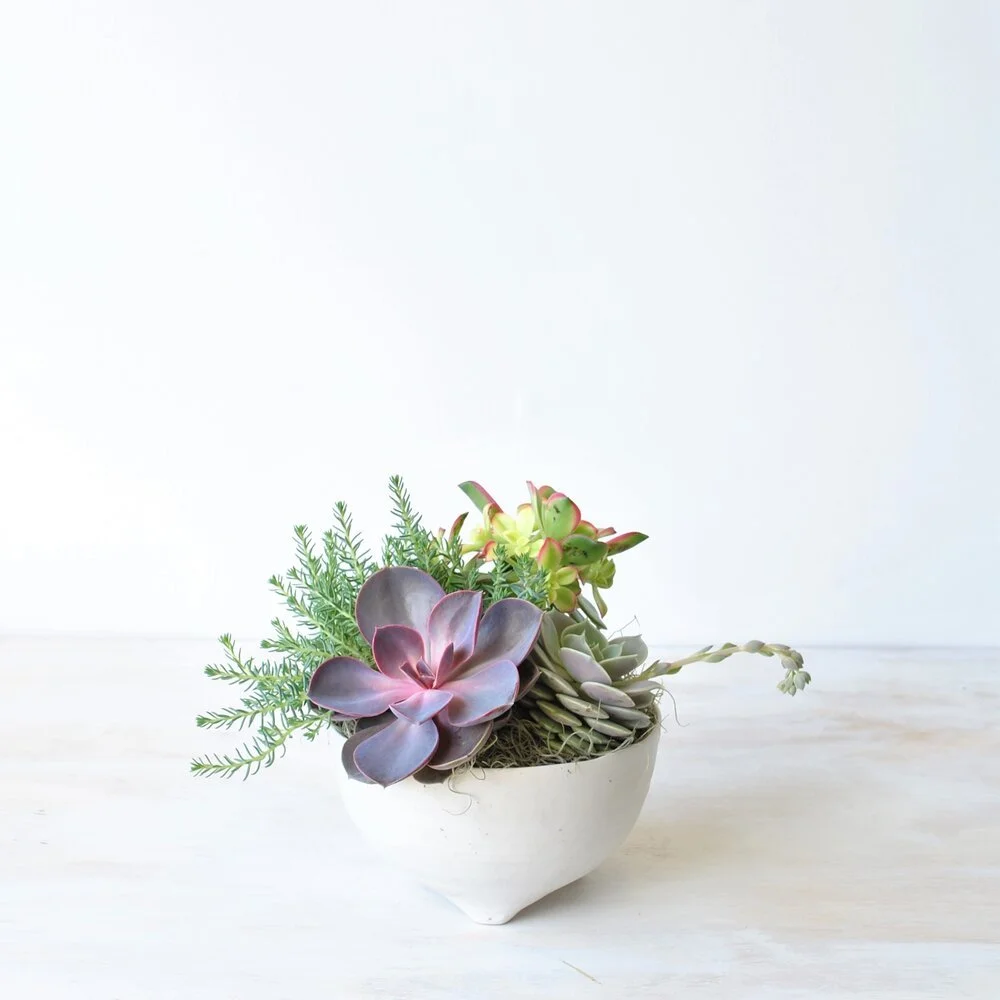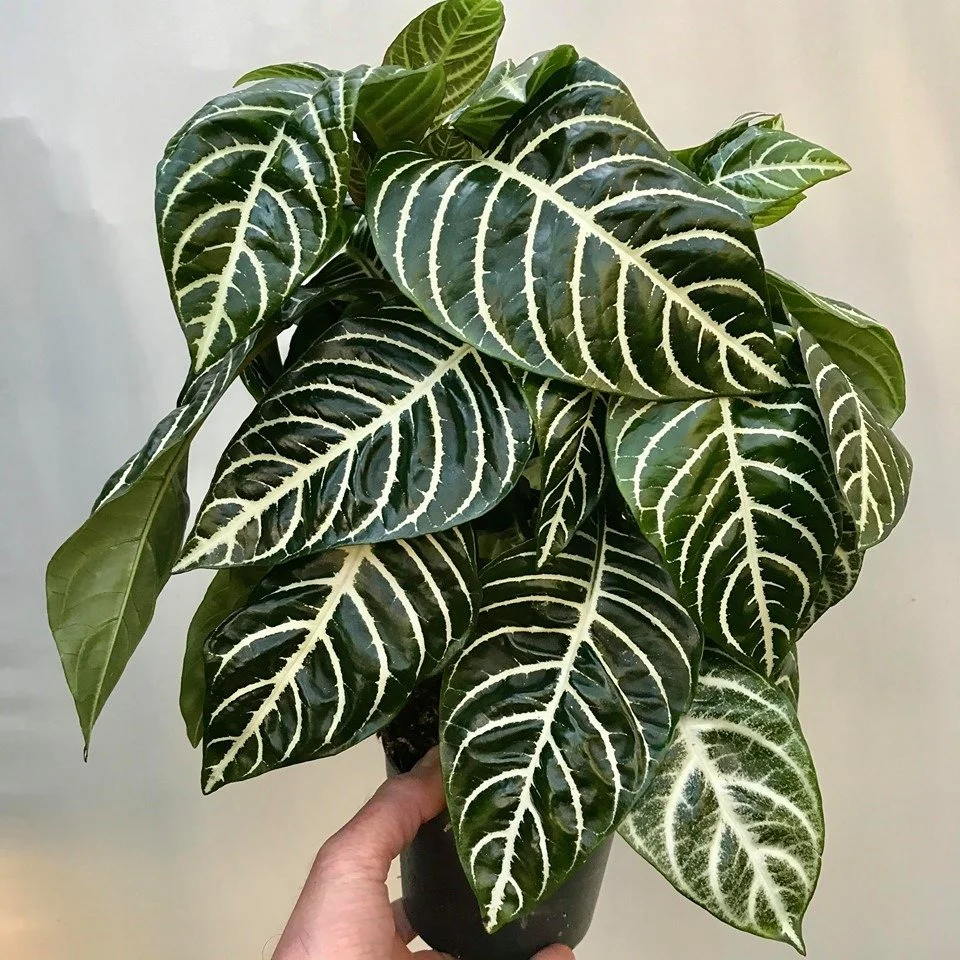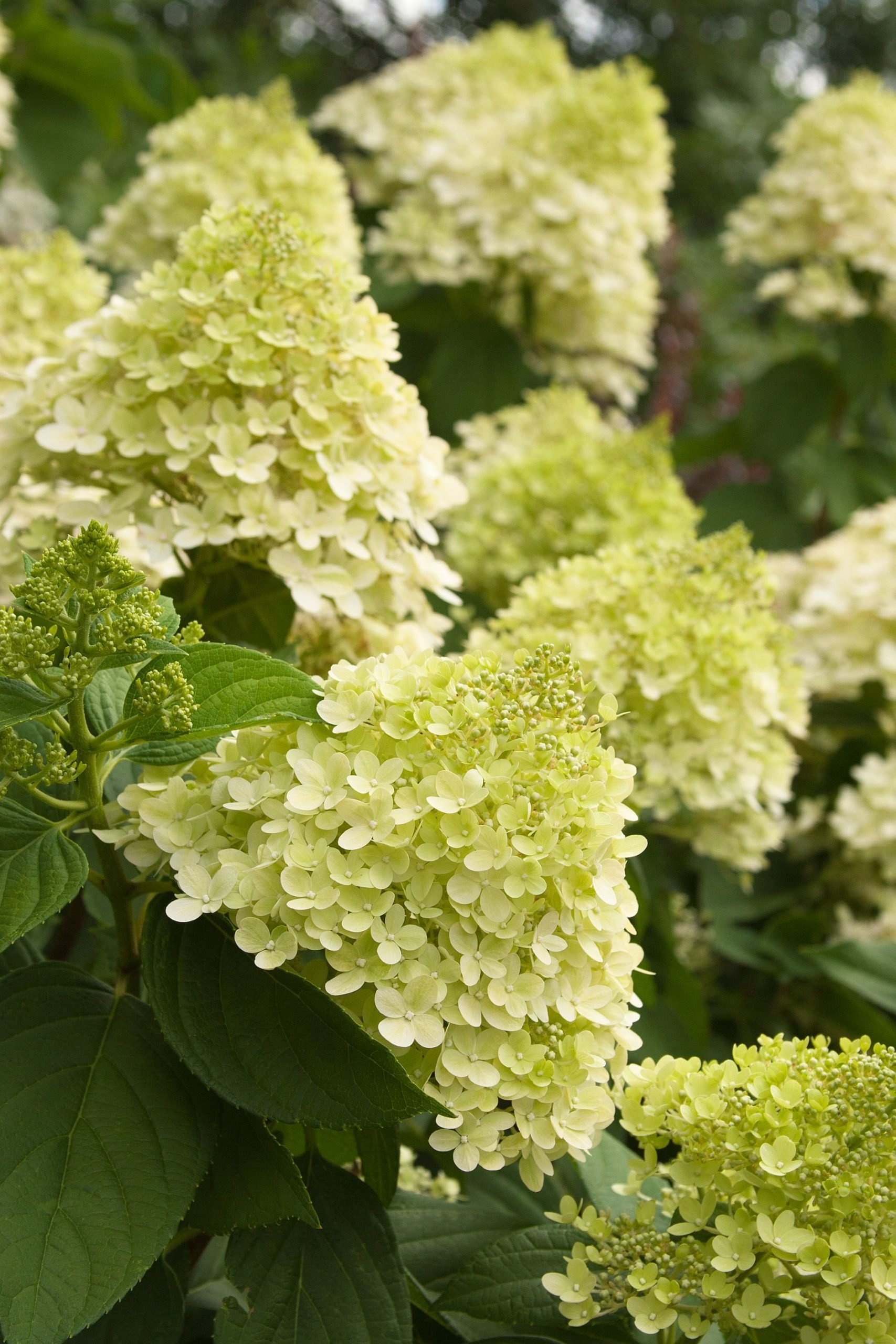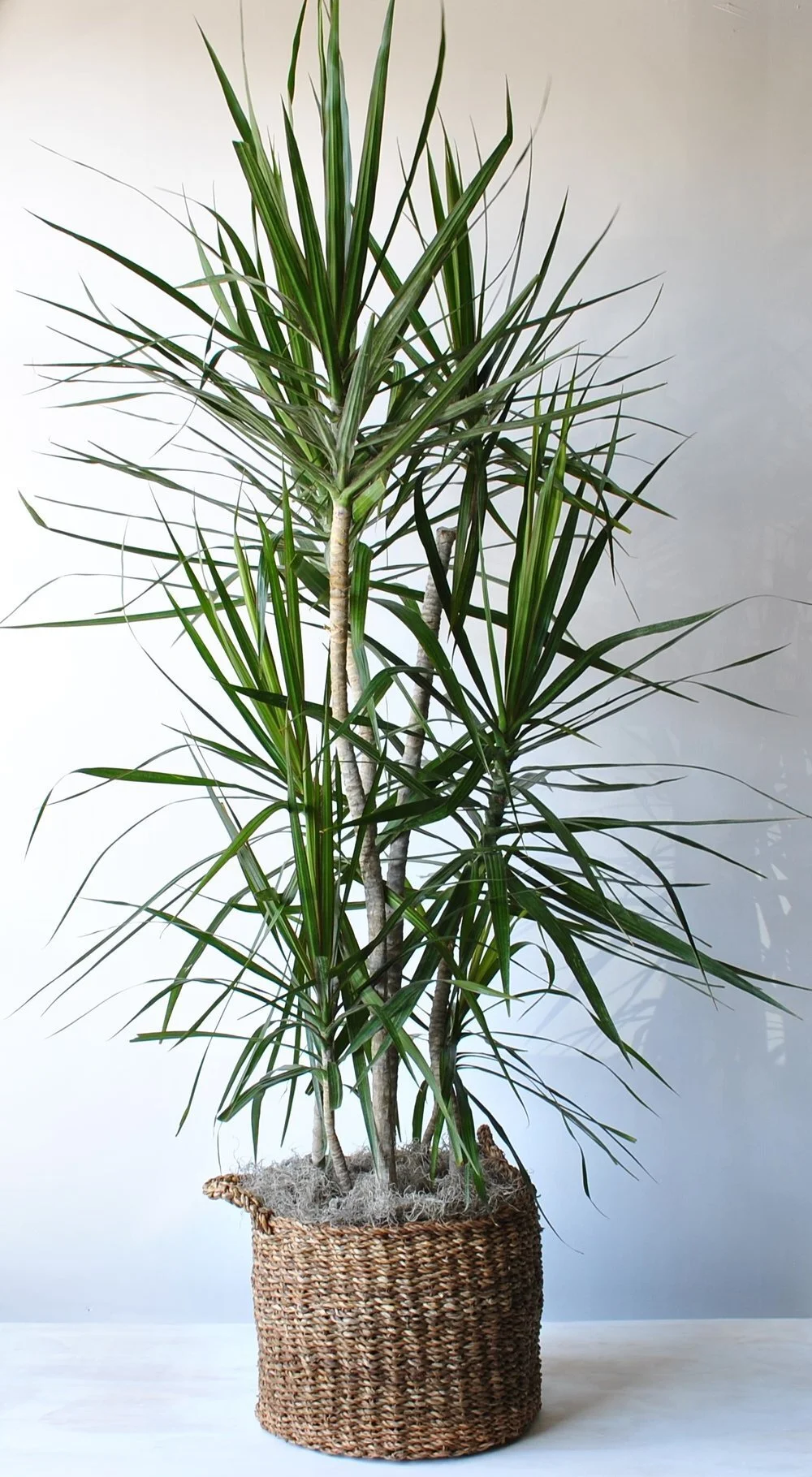In the steaming jungles of Borneo, plants have evolved innumerable tricks to help them survive and outcompete their neighbours. The Slender Pitcher Plant, Nepenthes gracilis, is amongst the most ingenious: its elaborate cup-shaped leaves are equipped with a canopy-like hanging lid that turns into a deadly springboard for ants when it is hit by a falling rain drop.
Pesky Plant Pests
CommentLions and tigers and bears, Oh my!! Well not exactly, but still scary.
Let’s talk about some common houseplant pests!
Houseplant pests can multiply quickly indoors and infest many of your prized plants. The indoors can provide perfect environments for these little bugs - warmth, moisture, and light! It is essential to regularly monitor your plants before infestation gets out of control and knowing how to identify these pests is step one!
Gnats
Identifying fungus gnats on houseplants is relatively easy as they look like small fruit flies crawling over the soil or flying around your plants. The difference between fungus gnats and fruit flies is that fruit flies are attracted to fruit and garbage, not your beloved houseplants.
Gnats thrive in moisture. Overwatering your plants is the quickest way to attract them. Overwatering causes root rot and fungus, a gnats favorite snack.
Here’s what we recommend:
Start by isolating your plant, we don’t want these guys to jump ship to a new host!
Purchase houseplant sticky traps and/or neem oil
Let your soil dry out!
Aphids
Aphids are tiny pests that suck the sap of houseplants. They are commonly a green color, which can make them hard to spot on plants. But these tiny insects can be almost any color—black, yellow, red, brown, or blue. There are even fluffy, white aphids that are sap-sucking plant pests.
If you have an aphid infestation, you may see clusters of them on young stems and leaves. You may also see a sticky substance or a black sooty fungus on the leaves.
Here’s what we recommend:
Isolate your plant, wipe down all the leaves with either just water or a mixture of water and isopropyl alcohol.
A simple aphid destroyer spray you can make is dish soap and water. Put in a spray bottle and apply daily until the aphids have gone.
You can also use neem oil
Spider Mites
Spider mites are one of the most destructive pests. The most common way to identify spider mites is by checking for silky webs on your plant. Because these bugs are so small, they are extremely hard to spot. If you can see spider mites crawling around plants, that usually means the infestations is huge and its critical to act quickly.
Here’s what we recommend:
Isolate your plant, check surrounding plants as well
Mix together a combination of neem oil, dish soap and water, or isopropyl alcohol and water, and wipe your leaves thoroughly.
Use the neem oil spray weekly to eradicate spider mites. Even when the spider mites have gone, continue using neem oil every two weeks to spray as a preventative measure.
Spider mites prefer warm, dry conditions, to prevent further infestations keep your humidity levels high.
Welcome to the Jungle!
CommentHey there houseplant enthusiast! Whether you’re a pro plant parent, a little new to the plant game, or wishing you had more time to care for a new friend, we have so many suggestions on how to make your space feel a little more magical
Busy schedule?
Here’s a few that won’t mind
Water once a month





Have a little more time on your hands?
Here are a few other great options that are low-moderate maintenance
Water between 7-14 days




A pro you say?
I bet you’re in one of those houseplant hobbyist groups, you practically live in a jungle (me too!) Here are a few that feel the need to be a little bit more on the dramatic side of houseplants, but still so fun to try your hand at!
Water every 3-5 days




One of the most important tips we can give you is that your plants will tell you exactly what they need! Are the leaves looking dull and lifeless or droopy? Has there been any new growth? Maybe its living conditions just aren’t right. Stick your hands in the dirt and check it out! Would you want to be living in a swamp or bone dry Sahara Desert? I bet not.
Another important piece of advice I like to remind people is that our homes are not their natural environment. Especially tropical plants. Making sure they have enough humidity is key! One way I like to recreate their natual environment is gathering my plants in the bathroom and turning on the shower for 10 minutes or so. They will absolutely LOVE the steam and you’ll be sure to see new growth and shiny happy leaves in no time!
No matter what plant you choose, we are always here to answer any questions you might have!
Early signs of Fall?
CommentMove over Summer, the most wonderful time of the year is almost here...no, not Christmas… FALL!
This humidity may be here for a little while longer while summer slowly comes to an end, but chillier days are just around the corner and so are Autumn decorations. You’ll fall in love with our new items on Beacon Hill. Warm amber and golden hues, Dried leaves. Makes your heart sing a little, doesnt it?
Hello Hydrangreas!
CommentWhen I think of hydrangeas, I’m instantly reminded of warm summers on the Cape. Day trips to Chatham to walk the shops and visit the pier, finding the absolute best cup of clam chowder, and the seemingly never-ending gardens of hydrangeas! Bold blues, pastel periwinkles, pops of pink and white.
I bet you didn’t know how many different types of hydrangeas are out there! Here’s a few:






Learn about these fun varieties and more below!
Subscriptions
CommentLooking for a way to keep your home or office fresh and beautiful? Say no more, sign up today for one of our weekly or monthly subscriptions, offered for both floral arrangements and orchid plants
Floral Arrangements
Each week our designers will handpick fresh, seasonal and unique flowers and accent greenery arranged artfully in decorative vessels


Orchid Plant
Each plant will be different than the last – including; but not limited-to varieties such as; Cattleya, Cymbidium, Dendrobium, Miltonia, Oncidium, Paphiopedilum, and Phalaenopsis. A remarkable orchid collection will be created in no time!
All varieties are simple to care for, requiring minimal water and low sunlight. With each delivery an instruction card will be sent for proper care. Each plant will be hand chosen by our designers and planted into a decorative vessel.



Sidewalk sale!!
CommentDon’t walk, run! The sidewalk sale is on. Head on down to our Beacon Hill Store and shop a beautiful selection of bargain finds!
50% off hard goods, discount taken at register.



Top 3 Easy Gift Ideas!
CommentSummer’s heatwave may be upon us but there’s no need to sweat over gift ideas!
Rouvalis has a variety of options for you to pick from! Here are some top 3, long lasting, low maintenance gift ideas!
How to keep plants hydrated in the summer months.
CommentDrought and heat waves, much like what going on in the Boston area the past few weeks, can be damaging to vegetable and landscape gardens. Water, too, can be just as detrimental if plants get too much of it.
But there are ways to keep gardens thriving this summer, and the main one is to ensure plants stay hydrated.
Most vegetable plants, for example, require about 1 inch of rainfall per week to grow normally. They need more water when temperatures reach above 90 degrees.
We suggests using drip irrigation systems to apply water directly to the soil to keep trees, shrubs, flowers and vegetable gardens hydrated. This method keeps the water out of the air and off of the foliage. Wet foliage can lead to foliar diseases of plants, especially in very humid climates.
Drip irrigation is the most efficient way to water your gardens, the water is slowly released into the soil near the plants so the roots can soak up the water and stay hydrated. This will also give the plant a consist amount of water per day/week making the plant less stressed. Another added benefit is having the watering being absorbed by the soil and not evaporated like using a hose or a sprinkler system.
We recommended where plants are going to be planted or already planted using a ring of 1/4 drip line around the plant being fed from a traditional 3/4 Drip line. Once the lines are run we always like to cover the drip lines with mulch or compost for ascetics and keeping the moisture in the garden beds.
Boston Heat Advisory, Keep Your Plants Watered!
CommentBoston will be in a Heat Emergency through Thursday of this week, we recommend watering your plants more frequently or with more water that usual to accommodate the heat.













